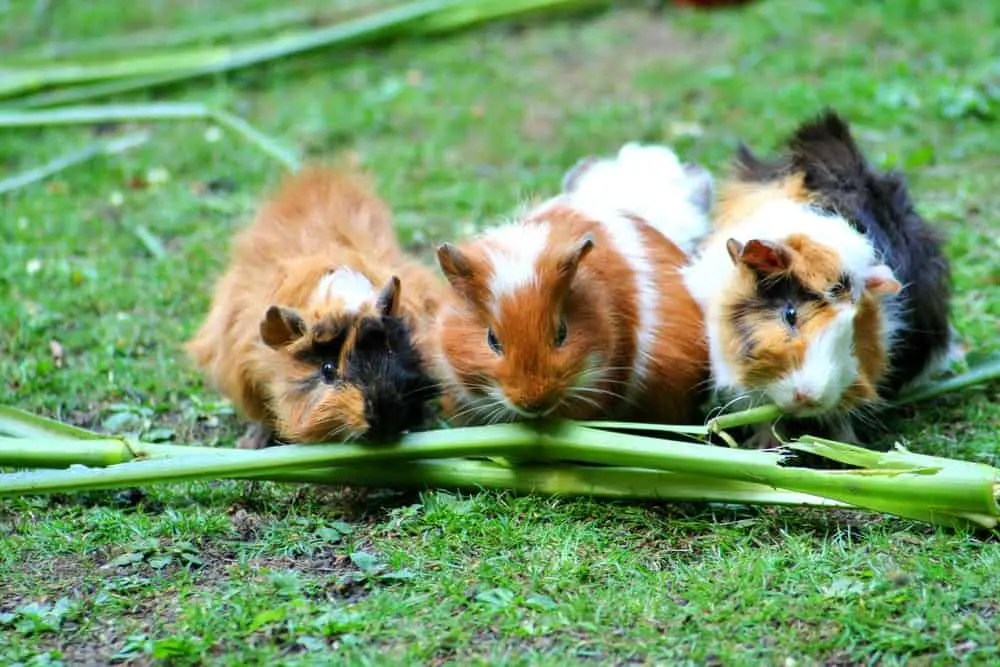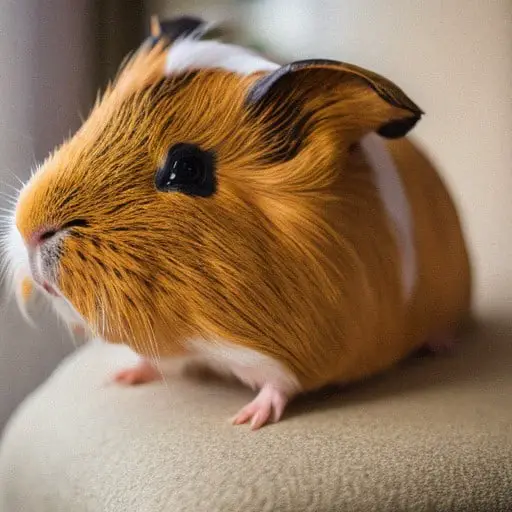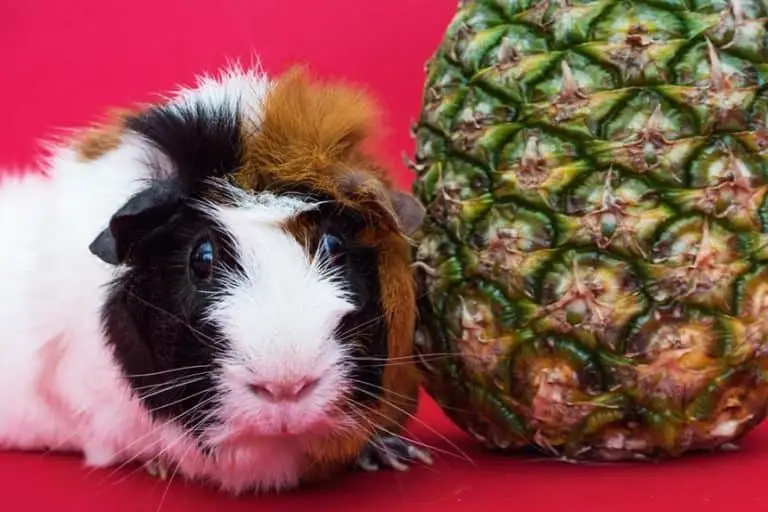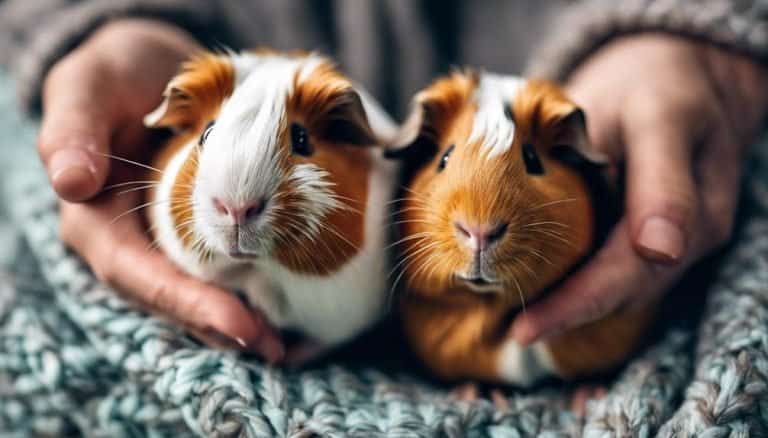Exploring the Guinea Pig Diet: Can Guinea Pigs Safely Drink Tea?
In recent years, more and more pet owners have been seeking alternative dietary options for their beloved guinea pigs. While guinea pigs are known to thrive on a diet consisting primarily of hay and fresh vegetables, there is increasing curiosity about the potential benefits or hazards of incorporating other beverages into their feeding routine.
One particular beverage that has piqued interest among guinea pig enthusiasts is tea. As we delve into this exploration of the guinea pig diet, we aim to answer the burning question: Can these small furry companions safely indulge in a cup of tea?
In this article, we will examine the nutritional needs of these adorable creatures and consult expert opinions to determine whether tea can be an added component to their diets or if it poses any health risks. S
o grab a cuppa yourself as we embark on this fascinating journey through the world of guinea pig nutrition!
The Nutritional Needs of Guinea Pigs: Understanding the Basics
Guinea pigs have specific nutritional requirements that need to be met to keep them healthy and happy. They are herbivores that thrive on a diet high in fiber, primarily from hay and grasses. This provides the necessary roughage for their digestive systems to function properly.
In addition to fiber, guinea pigs require a source of vitamin C in their diet. Unlike humans who can produce their own vitamin C, guinea pigs cannot and must obtain it through their food. Fresh fruits and vegetables such as bell peppers, kale, and strawberries can provide this essential nutrient.
It is important to keep in mind that while some foods are safe for humans or other animals may be harmful or even poisonous to guinea pigs. It is always best to consult with a veterinarian before introducing new foods into your guinea pig’s diet to ensure they meet all their nutritional needs without any potential harm.

The Potential Benefits of Tea for Guinea Pigs: Myth or Reality?
Tea is a popular beverage enjoyed by humans worldwide, but can it also benefit our furry friends? Some guinea pig owners claim that tea can have various health benefits for their pets. However, there is limited scientific research to support these claims.
One potential benefit of tea for guinea pigs is its antioxidant properties. Tea contains compounds called polyphenols, which are known for their antioxidant effects in humans. It’s possible that these antioxidants could have similar benefits for guinea pigs, helping to reduce oxidative stress and promote overall health. However, further studies are needed to confirm this.
Another claim about tea’s benefits revolves around its potential soothing properties. Some people believe that certain types of herbal teas may help alleviate digestive issues or calm an anxious guinea pig. While anecdotal evidence supports these claims, there is no concrete scientific proof linking specific teas with these effects in guinea pigs.
In conclusion, while the idea of giving your guinea pig a cup of tea may be appealing, the actual benefits remain uncertain. Before incorporating tea into your pet’s diet, it’s essential to consult with a veterinarian who specializes in exotic animals and follow their advice regarding suitable dietary options and considerations for your furry friend’s well-being.
The Risks and Hazards of Tea Consumption for Guinea Pigs
Tea contains caffeine, which is a stimulant that can be harmful to guinea pigs. Even small amounts of tea can lead to hyperactivity, restlessness, and heart palpitations in these animals.
Additionally, some types of tea contain herbs or plants that are toxic to guinea pigs. For example, chamomile tea may cause an allergic reaction in guinea pigs due to its pollen content. Similarly, black or green teas with added flavors like vanilla or citrus pose a risk because the additives might not be safe for their sensitive digestive systems.
It’s important for guinea pig owners to remember that they have different dietary needs than humans do and should not share foods or beverages intended for human consumption without consulting a veterinarian first.
Safe Alternatives to Tea: Other Beverages for Guinea Pigs to Enjoy
When it comes to hydrating your guinea pig, there are several safe and healthy beverage options available. Here are some alternatives to tea:
- Water: The best and most essential drink for guinea pigs is plain water. It should always be readily available in their cage.
- Fresh Vegetable Juice: Guinea pigs can enjoy small amounts of fresh vegetable juice as a treat. However, make sure the juice does not contain any additives or preservatives.
- Herbal Infusions: Instead of tea, you can try herbal infusions specifically made for guinea pigs. These infusions include chamomile, dandelion root, or raspberry leaf teas that are safe for them.
Remember that guinea pigs have delicate digestive systems, so it’s important not to introduce new foods or beverages suddenly into their diet. Always consult with a veterinarian before making any changes and monitor your pet’s reaction closely when introducing new drinks or treats.







